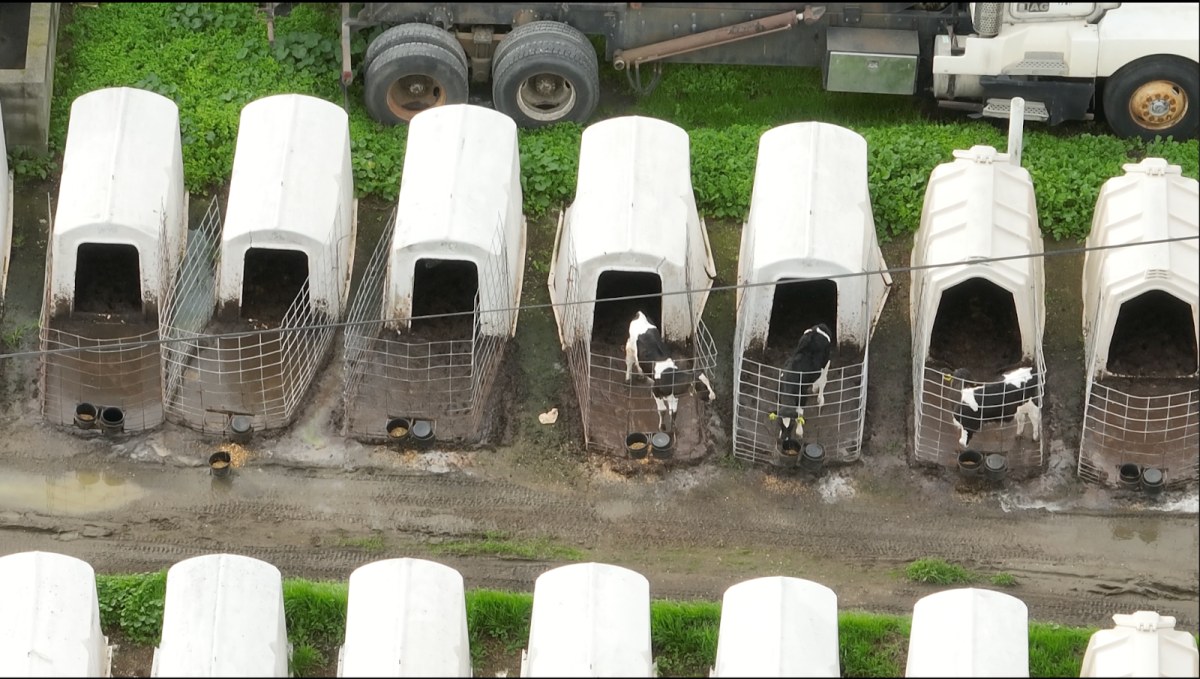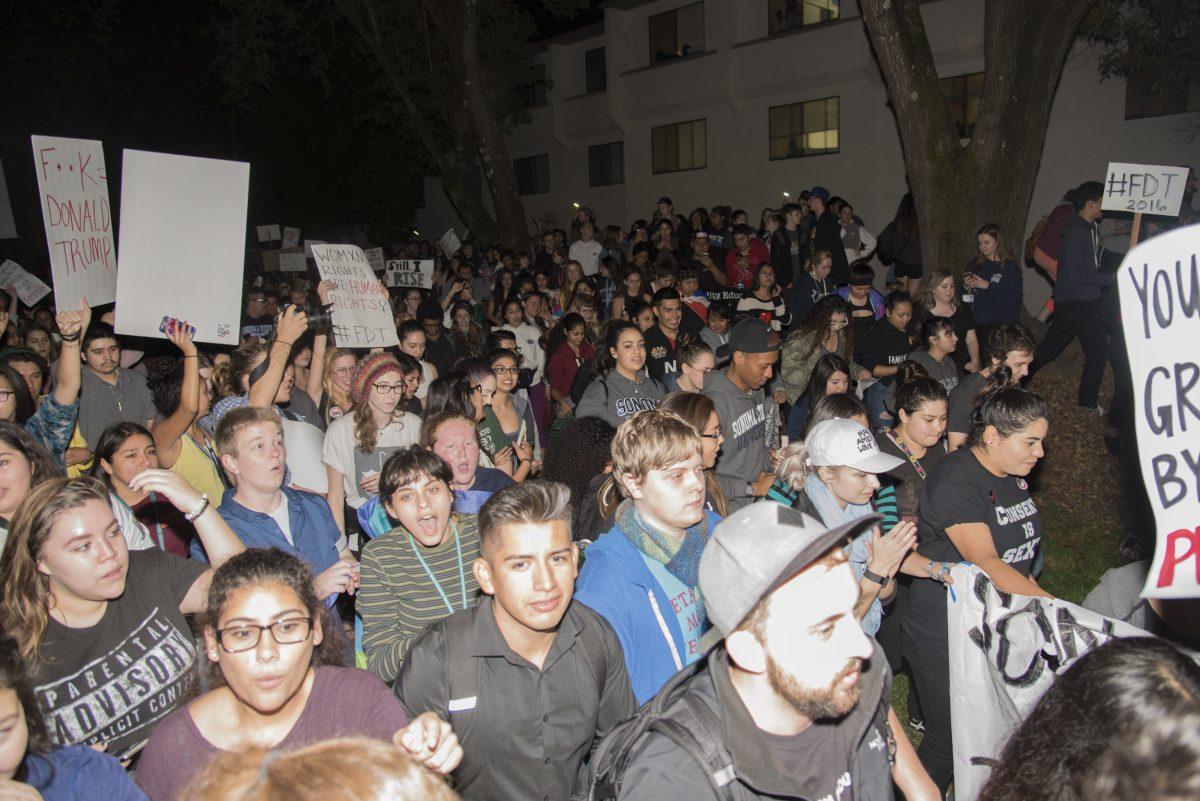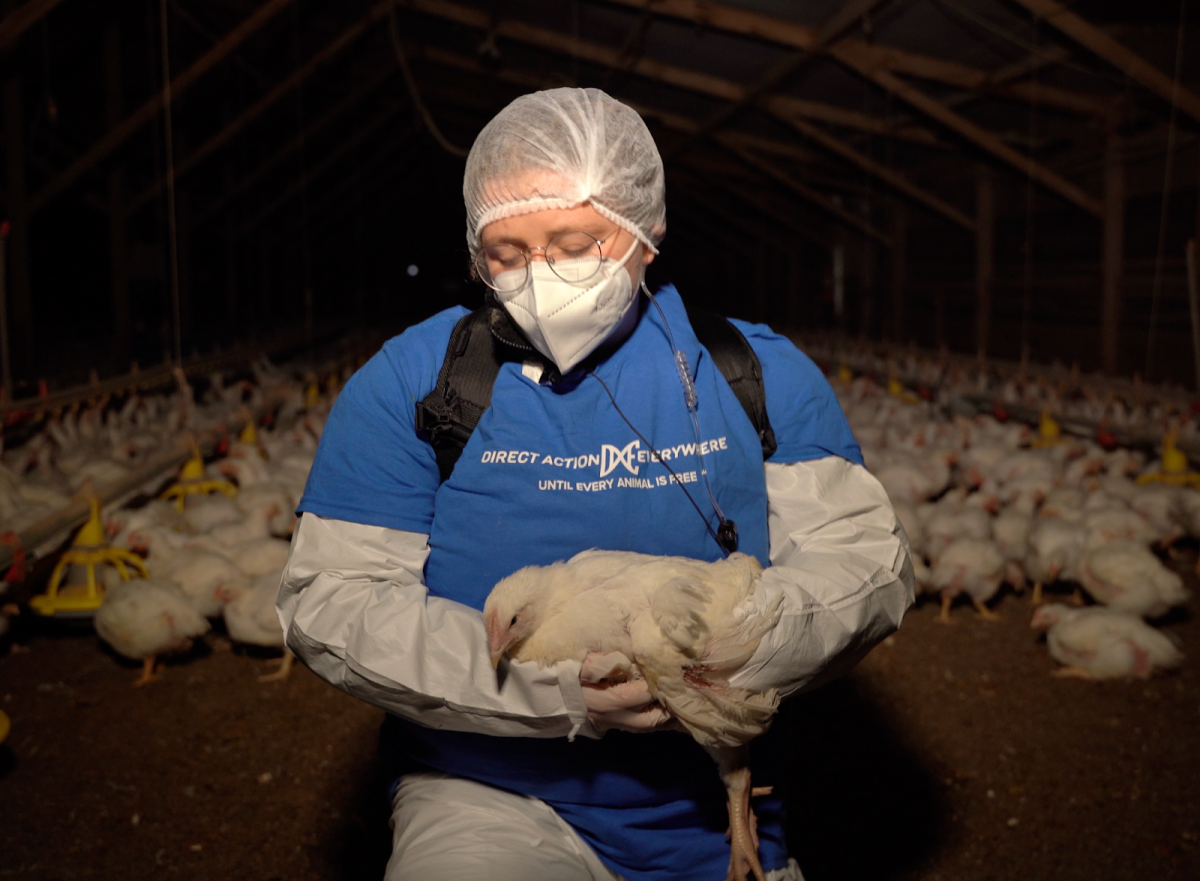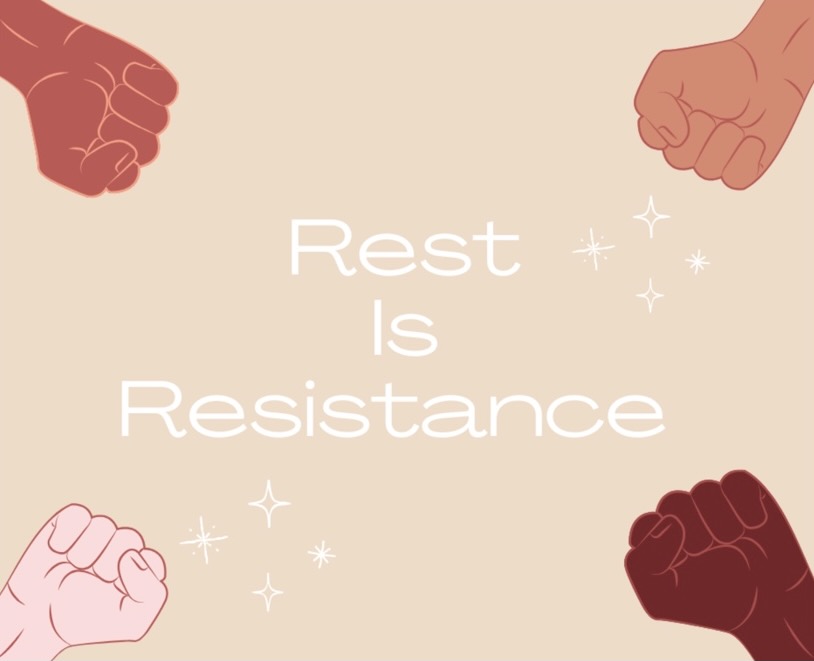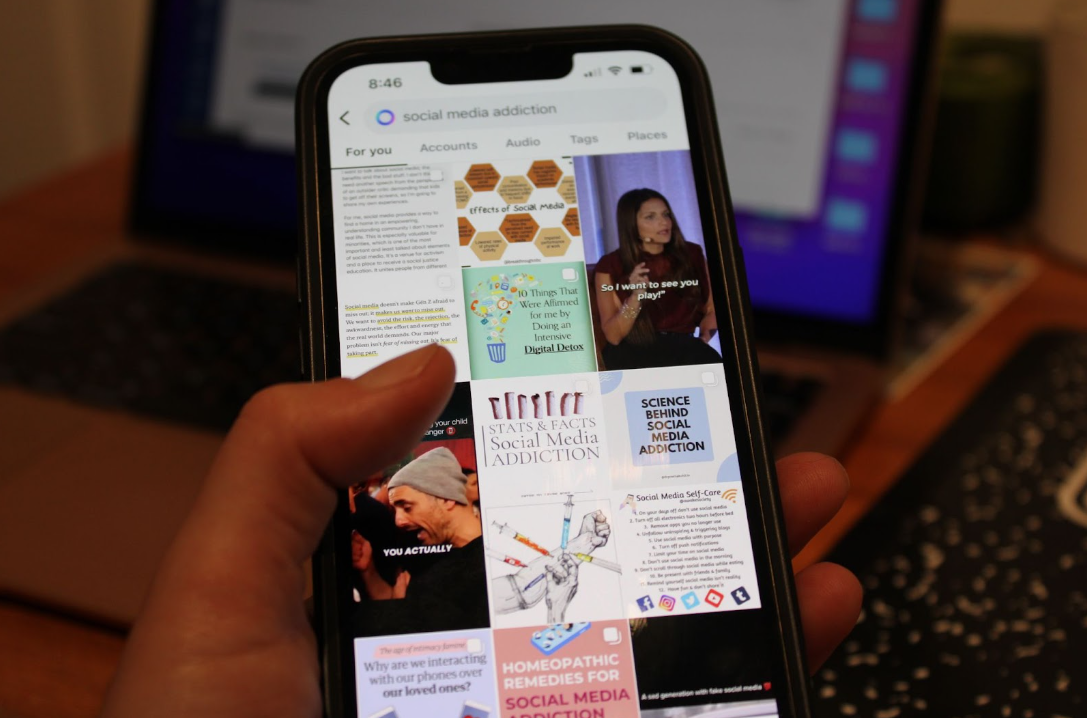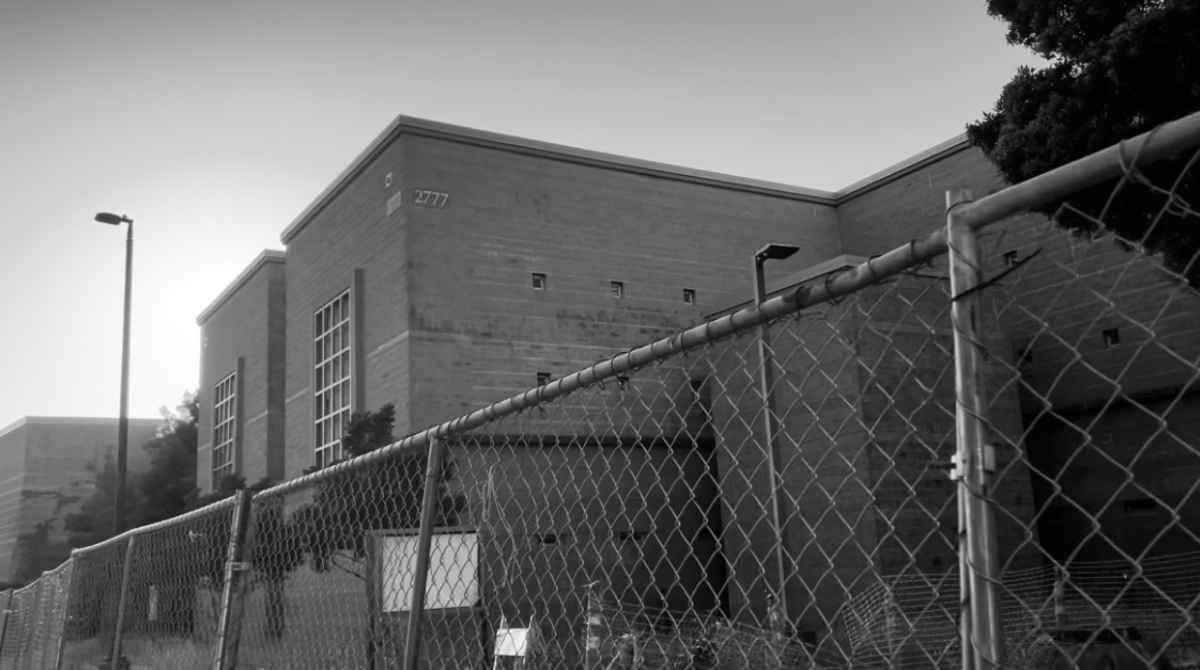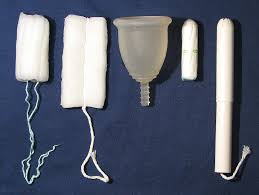Growing up, young girls and women are taught to keep their period problems quiet and to themselves for the sake of not grossing anyone else out. We have to be prepared for an unexpected start to our period by keeping a pad and tampon in our bags at all times, and when the moment comes we are forced to ask permission to use the restroom in front of the whole class. We should not feel ashamed about something that is natural, and we shouldn’t be paying outstanding prices for the hygienic products necessary for menstrual cycles.
“Menstrual equity” is a phrase for the movement that was created by Jennifer Weiss-Wolf. Her book titled “Periods Gone Public: Taking a Stand for Menstrual Equity” argues that menstrual products should be safe, available, and affordable for anyone who needs them, in order for us to have a truly equal society. In the United States, there are only ten states that eliminated the “tampon tax”, which is a 6.85 percent sales tax that consumers pay when they purchase menstrual products.
Kenya was the first country to eliminate the taxing of menstrual products in 2004, and later in 2015, Canada also dropped the tax. In 2018, Malaysia, India, and Australia eliminated the tampon tax as well. In the United States, food and prescription medication are not taxed because they are considered a necessity; but aren’t menstrual products a necessity as well?
On average, a woman will spend between 10,000 and 14,000 dollars in their lifetime on tampons and pads alone. On top of controlling the flow of periods with pads and tampons, women experience side effects when it’s that time of the month and some may have it worse than others. The most common PMS symptoms are cramps in your lower belly and lower back, bloating, breakouts, sore breasts, feeling tired, mood swings, digestive issues, headaches, and more. To relieve these symptoms, we purchase acne treatments, cosmetics to cover up acne, heating pads, pain relievers, supportive undergarments, comfortable pants for bloating, and etc.
There are many women across the U.S. who may not have the funds to spend the extra money every months for products like tampons, pads, and advil. It gets expensive, especially for students and homeless women. Menstrual products are the most requested items at food banks and homeless shelters, but the reason there isn’t enough to meet the needs of homeless women is because organizations and donors feel uncomfortable talking about the subject of periods.
“Women spend an average of $7 per month on feminine hygiene products for 40 years of their lives, and each year, California women pay more than $20 million in taxes on these items.”
Essentially, we are being taxed for being women. Periods are a part of being a woman and it is absolutely out of our control; but we are expected to pay for the products necessary to control periods every month. The U.S. considers prescribed medications like Viagra to be more necessary over pads and tampons, and although progress has been made with the ten states that dropped the tampon tax; it should be something that is provided for all women across all the states.

